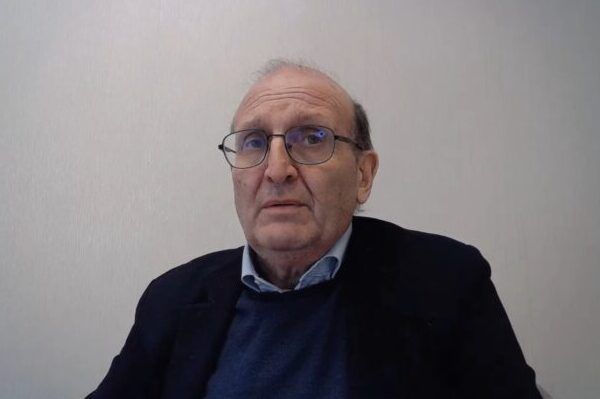Critical review on Diagnosis and Treatment of Progressive MS
May 2020, Professors Carlo Pozzilli and Celia Oreja-Guevara gave an update to the slide deck on Diagnosis and treatment of Progressive Multiples Sclerosis.
ABSTRACT
A comprehensive understanding of what exactly is meant by the term “progressive MS” forms the next frontier in MS research. What are the progressive MS subtypes, how are they defined, what is driving disease progression, and how can it be treated? With these questions in mind, Professors Carlos Pozzilli and Celia Oreja-Guevara provide a comprehensive overview of the pathogenesis, diagnosis, and demographic aspects of progressive MS, and looks at clinical trial outcomes assessing a range of different disease-modifying therapies to treat progressive forms of MS.
This educational deck will be highly useful for neurologists wishing to expand their knowledge of progressive MS.
CARLO POZIILLI
Professor of Clinical Neurology, Department of Neurology University “La Sapienza” of Rome, Itlay
Professor Pozzilli studied at the University of Rome “La Sapienza”. He then moved to the Hammersmith Hospital in London, UK, to take up a research post in 1980.In 1983, he became a Board Certified Neurologist at the University of Rome. In 1986 obtained a research grant in Neuroimaging at the Tohoku University, Sendai Japan.In 1987, he was awarded a PhD in Clinical Neurosciences by the University of Rome, where he became Full Professor in 2006. In 2002 he funded and become Director of the Multiple Sclerosis (MS) Center of OspedaleS.Andrea, University of Rome which is his actual position.
Professor Pozzilli’s fields of interest include the clinical aspects and treatment of MS; he has published more than 350 papers and reviews on these subjects.
Professor Pozzilli is a member of several National and International Societies.
He has participated as a first investigator in at least 250 multicentre clinical trials on patients with MS. He was also member of the Steering Committee and Advisory Board inseveral multicentre trials.
CELIA OREJA-GUEVARA
Vice Chair of Neurology and Head of Multiple Sclerosis Center at University Hospital San Carlos, Madrid
Professor Celia Oreja-Guevara is Vice Chair of Neurology and Head of Multiple Sclerosis Center at the University Hospital San Carlos, Madrid and Professor of Neurology at the University Complutense, Madrid, Spain.
After receiving her MD from the University Complutense, Madrid, Professor Oreja-Guevara completed a PhD in neuroimmunology at the Max-Planck-Institute for Neurobiology, University of Munich, Munich (Germany). She then went on to complete a residency in the Department of Neurology at the University of Bochum, Bochum (Germany) and a postdoctoral fellowship in neuroimaging at the University Hospital San Raffaele, Milan (Italy). She has also held posts at the University of Düsseldorf (Germany),Hospital de Fuenlabrada and at the University Hospital La Paz, both in Madrid.
Professor Oreja-Guevara’s research interests centre on clinical and neuroimaging correlations in MS and the use of optical coherence tomography. Neuromyelitis optica (NMO) is among her other therapy areas of interest, and Professor Oreja-Guevara is actively involved in the evaluation of new drugs for the treatment of MS and NMO. As an investigator, she has participated in a number of MS clinical trials and currently heads the Neuroimaging Group of the Spanish Neurological Society, and she is a member of the Scientific Committee of the European Academy of Neurology. Currently, Professor Oreja-Guevara is an expert for the Spanish Medicines Agency and for the Scientific Advisory Group on Neurology of the European Medicines Agency.




